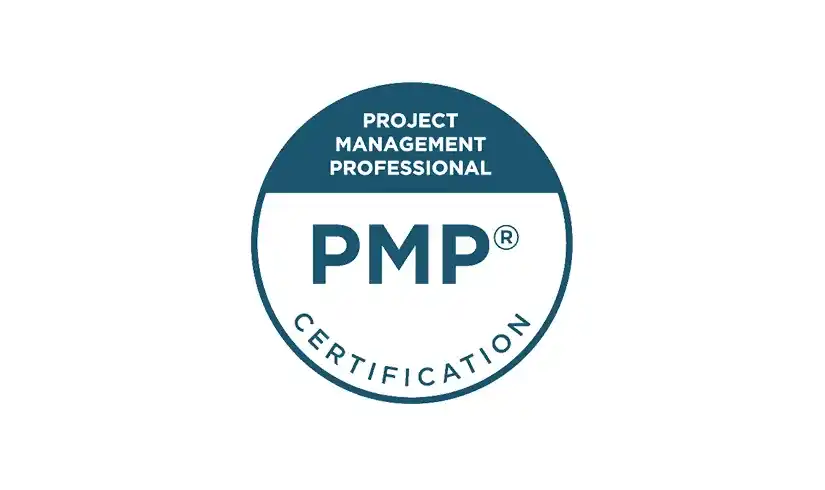
Effective procurement is essential to delivering successful projects, especially when they involve third-party suppliers, service providers, or consultants. From managing large infrastructure initiatives to coordinating complex software deployments, project managers must ensure that goods and services are acquired efficiently and in full compliance with legal and contractual standards.
For those preparing for the PMP® exam in Chennai, procurement isn’t just a theoretical requirement—it’s a practical competency that directly applies to the region’s diverse industries. In Chennai’s robust manufacturing, IT, and infrastructure landscape, project professionals often engage in vendor selection, contract discussions, and resolution of commercial disputes. Developing a strong grasp of procurement principles helps PMP candidates transition seamlessly from textbook scenarios to real-world project challenges.
Understanding Procurement in Project Contexts
n the realm of project management, procurement involves obtaining goods, services, or project deliverables from outside sources to help meet specific objectives. This encompasses the entire lifecycle—from drafting procurement plans and identifying suitable vendors to overseeing contract performance and ensuring smooth closure of agreements. The PMBOK® Guide, issued by the Project Management Institute (PMI), treats procurement as one of its key knowledge areas. It outlines core processes such as planning procurement strategies, executing purchase decisions, and controlling contract obligations.
While the extent of a project manager’s involvement in procurement can vary depending on the organisation and contract structure, they are ultimately accountable for aligning procurement efforts with overall project goals. Mastery of this area supports risk reduction, budget control, regulatory compliance, and strong supplier relationships.
In practice, being well-versed in procurement can prevent common pitfalls like poorly defined deliverables, ambiguous timelines, or lack of contractual accountability—all of which can lead to delays, disputes, or financial losses.
Types of Procurement Contracts
A cornerstone of procurement strategy is selecting the appropriate type of contract. PMP candidates are expected to understand not only the definitions of various contract types but also their application and associated risks.
Fixed-Price Contracts are best suited for projects with well-defined scopes and deliverables. Under this model, the vendor agrees to complete the work for a predetermined price. It offers cost certainty to the buyer but places more risk on the seller. Fixed-price arrangements are common in public infrastructure and turnkey IT projects where budget predictability is critical. However, if the scope changes midstream, managing amendments can become complex.
Cost-Reimbursable Contracts allow flexibility when the full scope of work is uncertain, as in research and development or new product design. In this case, the buyer agrees to reimburse the seller’s actual costs plus a fee or incentive. While this encourages collaboration and adaptability, it requires rigorous cost monitoring and trust in the vendor’s transparency.
Time and Material (T&M) Contracts fall between the two. These contracts are useful for short-term assignments or work that cannot be fully scoped in advance. Vendors are paid based on the time spent and materials used. While T&M contracts are easy to initiate, they pose cost-control risks if not actively managed.
Each contract type has its merits and challenges. PMP candidates should not only memorise definitions but learn to evaluate which model best suits a given project scenario. Choosing the wrong contract can shift risk unfairly or undermine project agility.
Legal Considerations in Procurement
Beyond the structure of the contract, understanding its legal underpinnings is crucial. Contracts are legally binding documents, and poorly drafted ones can lead to disputes, financial penalties, or reputational damage.
One key element is the terms and conditions, which outline what is expected of both parties. These include service scope, timelines, payment schedules, and performance standards. Another critical area is liability and indemnity—clauses that define which party bears responsibility in the event of delays, defects, or accidents.
Warranties and Service-Level Agreements (SLAs) provide assurance about the quality and durability of deliverables. These elements are especially important in long-term service contracts or high-value procurements.
Change management clauses explain how modifications to scope, price, or timelines are to be handled. A well-written change clause prevents misunderstandings when the project evolves or external factors demand flexibility.
Finally, there’s dispute resolution. Contracts typically include procedures for handling disagreements—whether through negotiation, arbitration, or legal proceedings. For international projects, understanding jurisdiction and governing law becomes vital.
Many learners pursuing pmp certification chennai programmes gain hands-on insights into evaluating contract terms and risk-sharing mechanisms. These training modules prepare candidates not only for exam questions on procurement but also for vendor meetings, contract drafting, and legal discussions in the workplace.
Chennai’s Industrial and Project Landscape
Chennai is one of India’s major hubs for automotive manufacturing, information technology, and infrastructure development. With large-scale metro rail expansions, port upgrades, and industrial corridor projects underway, procurement professionals are in high demand.
IT services and product firms also operate in a heavily outsourced environment. Here, procurement doesn’t just mean hardware and software—it's about onboarding development partners, cloud vendors, and consultancy services through well-crafted agreements.
Project managers in Chennai routinely face procurement challenges that test both their technical and interpersonal skills. Negotiating payment terms, managing cross-border vendor relationships, and ensuring compliance with Indian Contract Act provisions are all part of the job. Hence, procurement isn’t an isolated subject—it’s woven into daily decision-making across sectors.
Mock Exams and Scenario-Based Learning
To prepare for procurement questions on the PMP exam, aspirants benefit greatly from mock tests and scenario-based exercises. These simulate real-life decisions, such as choosing the right contract for a design-build project or identifying legal risks in a draft agreement.
Many training institutes include role-play or case study sessions where candidates evaluate vendor bids, propose contract terms, or assess a procurement plan’s alignment with project scope. These exercises sharpen critical thinking and help learners apply textbook knowledge to complex, practical situations.
This form of learning also builds confidence for client interactions. In real projects, the project manager must speak fluently about procurement strategy, address stakeholder concerns, and document contract decisions that may have legal consequences.
Enrolling in a reputed pmp certification chennai programme can equip candidates with both theoretical and practical knowledge to handle procurement challenges confidently. From interpreting RFPs to drafting performance clauses, these programmes build capabilities that extend well beyond the exam room.
Conclusion
Procurement is far more than a supporting process in project management—it’s a strategic lever that impacts timelines, costs, risks, and quality. For PMP aspirants, understanding contract types and legal considerations is vital to passing the exam and performing effectively in the real world.
By mastering procurement frameworks, contract strategies, and legal principles, project managers position themselves as more capable leaders—able to safeguard project interests, negotiate effectively, and build lasting vendor relationships.
With project landscapes becoming increasingly complex, having a clear and confident approach to procurement is not just beneficial—it’s a vital skill for successful project delivery.




Write a comment ...